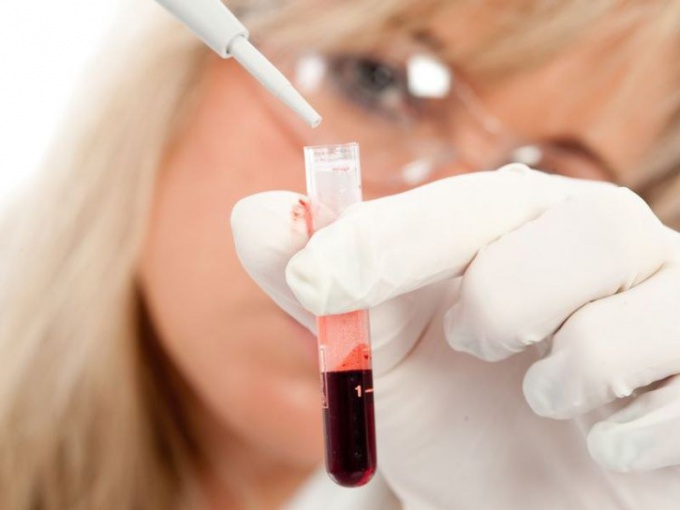Instruction
1
With the help of General clinical blood test can determine inflammatory, infectious and allergic processes in the body, pathology of the hematopoietic system, anemia, cardiac and pulmonary insufficiency, leukemia, diabetes and diabetes insipidus. Main indicators of deviations from the norm are reduced or reduced hemoglobin, and also increase of leukocytes, indicating the occurrence of purulent-inflammatory processes of rheumatic exacerbations and malignant tumors of different localization.
2
The number of platelets in the blood, which is an important indicator of a blood test, the doctor can determine the development of inflammation, types of anemia, cancer, hemophilia, viral and bacterial infections, thrombosis of the renal veins. The speed of blood sedimentation (ESR) in case of increase diagnose intoxication, autoimmune disorders and malignant neoplasms.
3
Increasing the acidity of the urine can be caused by dehydration, acidosis, diabetes mellitus, and decreased potassium levels in the blood. Its decline may indicate chronic renal failure, disturbed acid-alkaline balance of the blood, cancer of the bladder or kidneys, and ureaplasmosis. The presence of elevated levels of protein in the urine indicates pathology of the kidneys, inflammation of the ureter, urethra or bladder, cardiac failure, leukemia, or allergic reactions.
4
The increase of leukocytes in the urine occurs in kidney stones, acute or chronic pyelonephritis, tuberculosis of kidneys, or tumor, cystitis, prostatitis, urethritis, bladder cancer or prostate. High red blood cell count in the urine indicates a possible nephrotic syndrome, infarction of the kidney, acute glomerulonephritis, and malignant diseases of the kidney, majevica or prostate. Bilirubin in the urine indicates hepatitis, cirrhosis, gallstone disease, malaria, toxic hemolysis or liver failure. The presence of high glucose levels happens when kidney or diabetes, nephrotic syndrome, acute pancreatitis or pregnancy.
Note
Lowering of white blood cells may indicate infection and viruses in the body, as well as some types of leukemia.
Useful advice
A minor and temporary increase in protein in the urine is due to a cold shower, excessive sweating or physical exertion.
